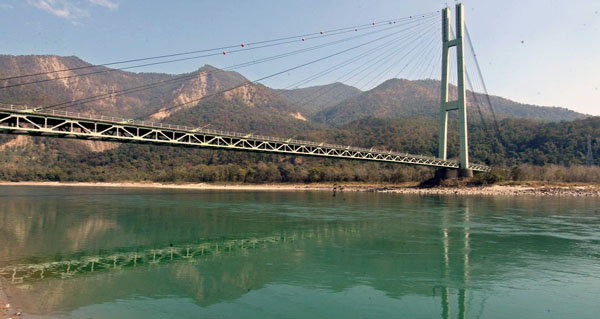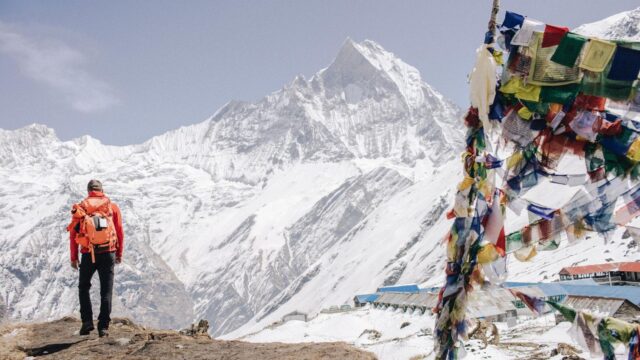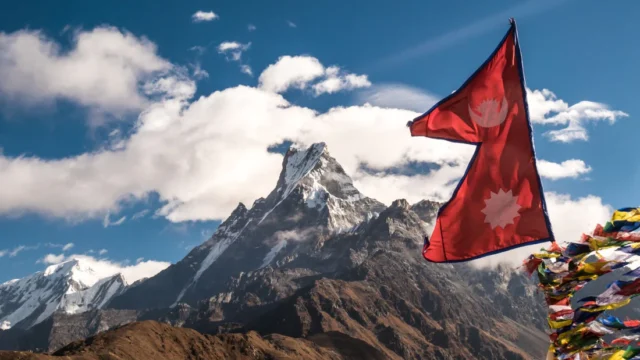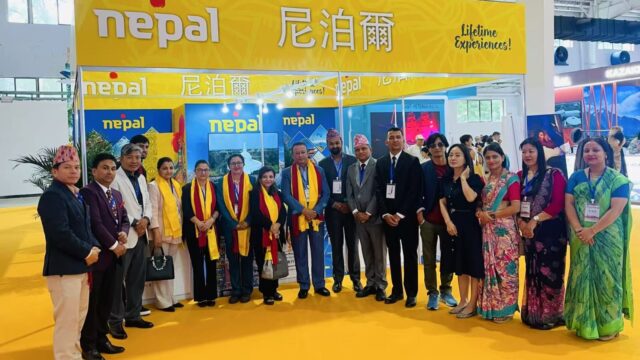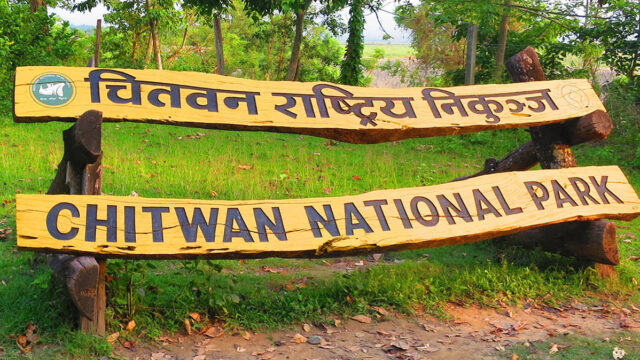Nestled in the remote western part of Nepal, Karnali is a region that promises an unparalleled experience for adventurous travelers and nature enthusiasts. Known for its dramatic landscapes, rich cultural heritage, and untamed wilderness, Karnali is rapidly emerging as a premier destination for those seeking an off-the-beaten-path adventure. This pristine area, characterized by its rugged terrain, vast rivers, and traditional villages, offers a unique blend of natural beauty and cultural authenticity.
The Karnali region is predominantly defined by the Karnali River, one of Nepal’s major rivers, which carves its way through the area, creating stunning gorges and fertile plains. The river is not just a geographical landmark but a lifeline for the communities living along its banks. Its wild rapids attract white-water rafting enthusiasts from around the globe, offering a thrilling adventure that combines the beauty of the surrounding mountains with the adrenaline rush of navigating its challenging waters.
Beyond its river, Karnali is home to some of Nepal’s most awe-inspiring natural landscapes. The region encompasses parts of the Himalayas, including the imposing peaks of the Api and Nampa ranges. These towering mountains provide a breathtaking backdrop for trekking and mountaineering adventures.
The trekking routes in Karnali are less frequented compared to other popular trails, making them ideal for those who crave solitude and a deeper connection with nature. The Api–Nampa Conservation Area, in particular, is a pristine wilderness that offers trekking routes with panoramic views, diverse flora and fauna, and the chance to encounter rare wildlife species such as the snow leopard and the Himalayan tahr.
Karnali’s rugged terrain also includes the Bardia National Park, one of the country’s largest and most remote protected areas. This park is renowned for its rich biodiversity and is a sanctuary for the endangered Bengal tiger. Visitors to Bardia National Park can embark on jeep safaris, jungle walks, and bird-watching tours, offering a chance to witness the park’s varied wildlife in their natural habitat. The park’s tranquil environment and minimal human interference provide an authentic safari experience, often compared to the more commercialized wildlife reserves in other parts of Nepal.
In addition to its natural wonders, Karnali is a treasure trove of cultural experiences. The region is home to several ethnic communities, each with its distinct traditions and lifestyles. The Tharu people, in particular, are well-known for their vibrant cultural festivals, traditional dances, and distinctive architecture. Visiting a Tharu village offers travelers a rare opportunity to experience the daily life and customs of these indigenous communities, providing insight into their rich cultural heritage and age-old practices.
The historical significance of Karnali also adds to its allure. The ancient town of Jumla, situated in the heart of the region, is an important historical and cultural site. Jumla was once a bustling trade center on the ancient trade routes that connected Nepal with Tibet and India. Today, it stands as a testament to the region’s historical importance, with its old temples, traditional buildings, and historical artifacts that reflect its storied past.
Karnali’s tourism infrastructure is evolving to accommodate the growing interest in this remote region. While it remains less developed compared to more popular tourist destinations in Nepal, efforts are underway to enhance the visitor experience while preserving the area’s natural and cultural integrity.
Eco-friendly lodges, guesthouses, and community-run homestays are increasingly available, providing comfortable accommodations that promote sustainable tourism practices. These establishments not only offer a cozy place to stay but also support local communities by providing employment opportunities and preserving traditional ways of life.
One of the key aspects of tourism in Karnali is its emphasis on responsible travel. The region’s remote location and fragile ecosystems necessitate a careful approach to tourism that minimizes environmental impact and respects local cultures.
Organizations and local stakeholders are working together to promote sustainable practices, including waste management, conservation efforts, and community involvement in tourism development. By choosing to travel to Karnali, visitors contribute to these efforts and help ensure that the region’s natural beauty and cultural heritage are preserved for future generations.
Karnali is a hidden gem in Nepal that offers a unique blend of natural beauty, cultural richness, and adventure. From the thrilling rapids of the Karnali River to the serene landscapes of the Api–Nampa Conservation Area, the region provides a diverse array of experiences for those willing to venture off the beaten path.
With its emerging tourism infrastructure and commitment to sustainable practices, Karnali is poised to become a top destination for travelers seeking an authentic and unspoiled escape into nature. For those ready to explore this remote and enchanting part of Nepal, Karnali promises an unforgettable journey into the heart of the Himalayas.
